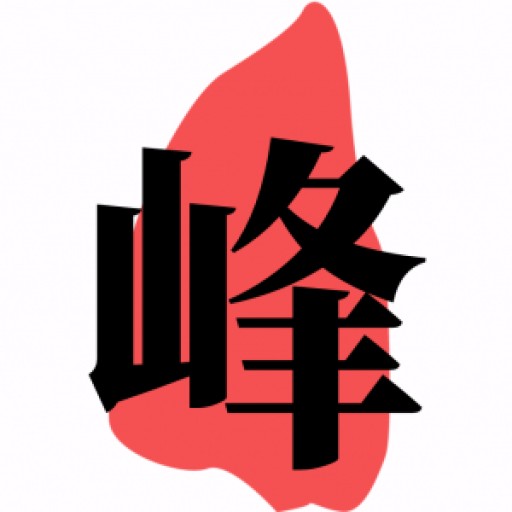当提到“sorry”时,许多人首先会想到“对不起”,但在英语中,这个词的用法远不止于此。
事实上,“I'm sorry”并不总是表示“对不起”。例如,当别人用升调说“I'm sorry”时,他可能并非在道歉,而是在表达对某事的遗憾或同情,比如:“I'm sorry to hear about your accident.”(听说你出了事故,我感到很难过。)
我们一起来探讨“sorry”在不同语境中的多样用法吧。
有时,“You'll be sorry”用来警告或威胁,暗示由于某个行为会带来不愉快的后果。
例如:
“You'll be sorry if you leave without a word.”(如果你不告而别,你会后悔的。)
“Get back in there, or you'll be sorry.”(快回去,不然你会后悔的。)
“you’ll be sorry you asked”也有类似的警告意味,表示提问可能会得到令人不快或无趣的回答。
A: "What brought you all the way out to this part of Arizona?"(是什么风把你吹到亚利桑那州来了?)
B: "You'll be sorry you asked."(你会后悔问这个问题的。)
A: "Try me."(试试看。)
B: "Well, my abusive ex-boyfriend ran off with all of my savings and I got evicted from my apartment in Reno. My aunt lives here and is letting me stay with her while I get back on my feet."(我那虐待我的前男友带着我所有的积蓄跑了,我被赶出了在里诺的公寓。我姑姑在这里,让我在恢复期间住在她家。)
当真正需要道歉时,除了使用“I'm sorry”外,还有很多其他表达方式。
例如:“Looks like I gave you the wrong phone number. Sorry about that.”(看起来我给错了电话号码,对不起。)这时,“Sorry about that”用于指代小错误,通常不会用于描述造成严重伤害的情况。
而在面对更严重的问题时,可以使用“I’m so/very/really/terrible sorry”来强调深切的歉意。例如:“I lost the book you lent me. I’m so sorry!”(我把你借给我的书弄丢了,我很抱歉!)
对于小事故,我们常用“Oops”或“Whoops”来表达,例如:“Oops – I just spilled some coffee. I’ll clean it up.”(哎呀,我刚弄洒了咖啡,我会清理的。)
当承认错误时,也可以使用“My bad”这一非正式表达,例如:“Oh, I sent you the wrong link. My bad.”(哦,我发错了链接,我的错。)
对于较严重的错误,可以说“It was my fault”来承认责任,如:“It was my fault that we didn’t get to the airport on time.”(我们没能按时到达机场是我的错。)
在正式场合中,可以用“I take full responsibility”来表明你对问题承担全部责任,例如:“I take full responsibility for failing to train the employees properly.”(我对未能妥善培训员工承担全部责任。)
如果忘记了重要的事,比如生日,可以说:“I can’t believe I forgot your birthday. I messed up.”(我简直不敢相信我忘了你的生日。我搞砸了。)
非正式的表达还包括“I messed up”或“I screwed up”来说明你做错了某事。
在商务场合,“My apologies for”或“I apologize for”是常见的正式用法,例如:“My apologies for keeping you waiting. I’m running a little late today.”(对不起让你久等了,我今天有点迟到。)
“I owe you an apology”则用来开始正式的道歉,例如:“I owe you an apology. I said some horrible things to you.”(我欠你一个道歉,我说了一些恶劣的话。)
当你意识到自己的行为不当,可以用“I should have”或“I shouldn’t have”来反思,例如:“I shouldn’t have taken your camera. I should have asked you first.”(我不该拿你的相机,我应该先问你。)
“Sorry – is anyone sitting here?”(对不起,这里有人坐吗?)与“Excuse me”在此用法中是等同的。
许多英语学习者在听不清楚时,也会使用“Sorry”作为另一种表达方式,但你也可以说“Pardon?”(请再说一遍?)
今天的内容了解了吗?
欢迎在评论区交流心得哦~


